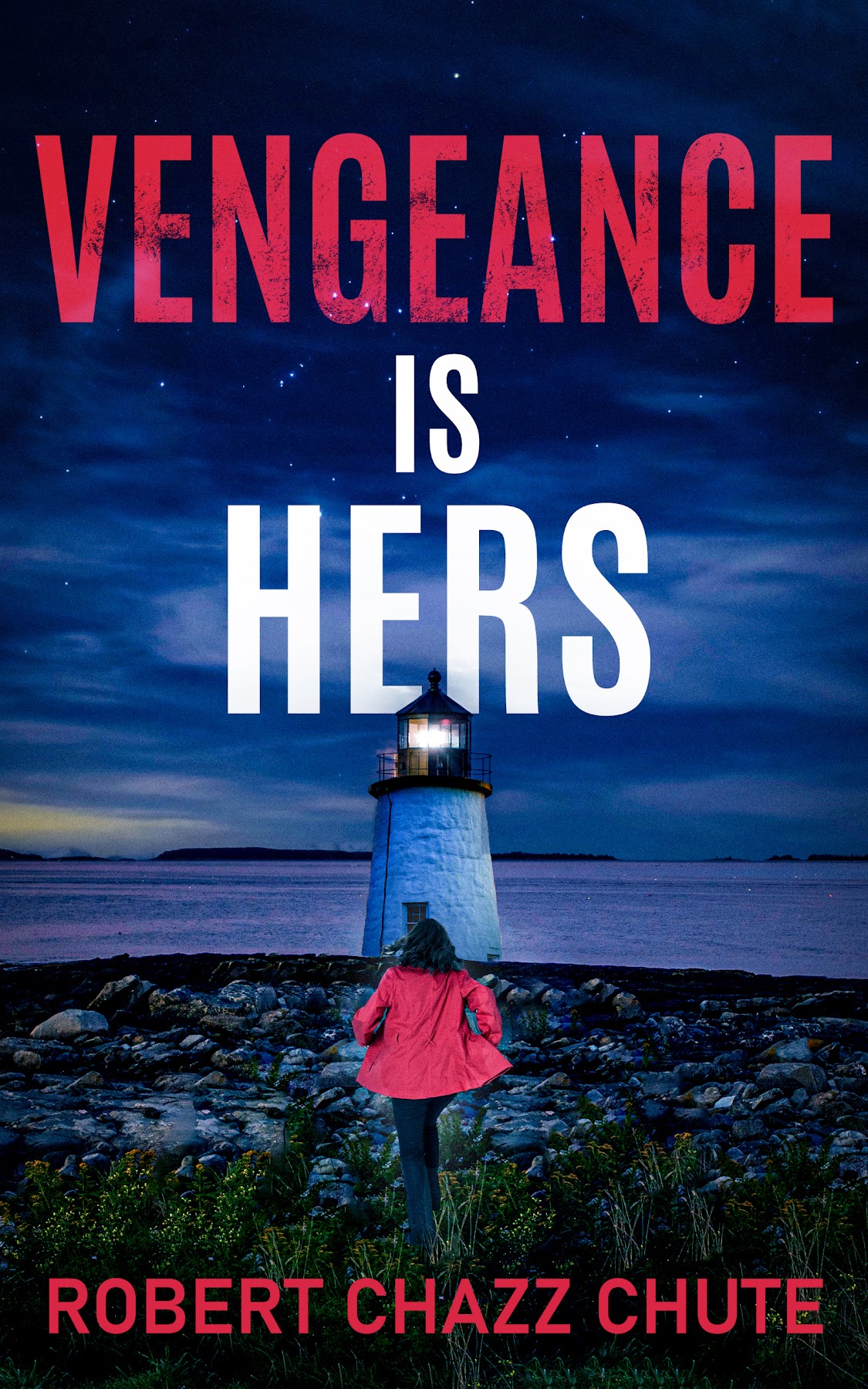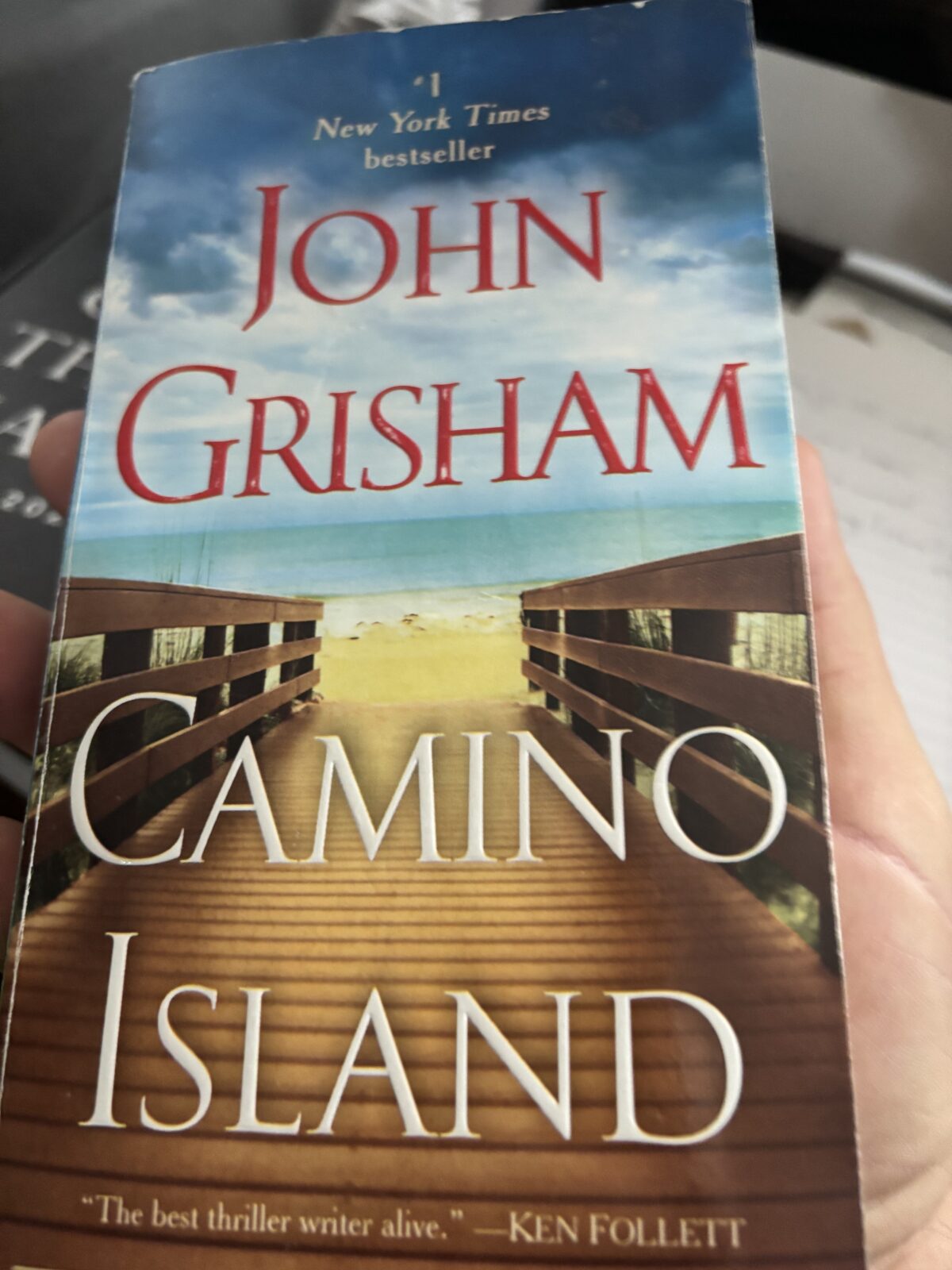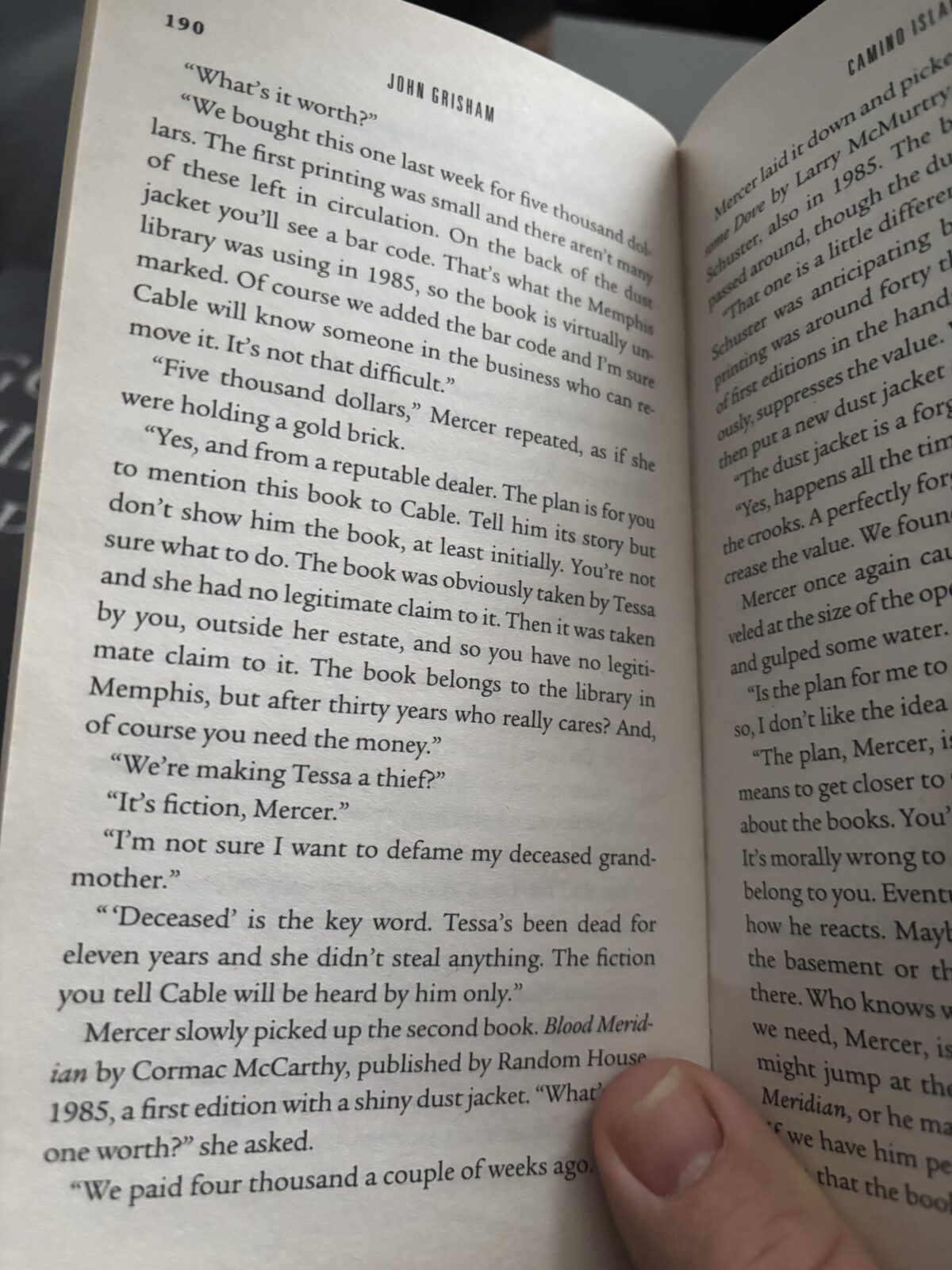Some people will not like this post, but I’m going to be real with you. Not all “vanity” publishers are con artists. Many writers call it evil to publish novice authors for money. They’re speaking from a privilege that doesn’t always address reality. If you reject nuance, this post won’t be for you.
We’ve all heard Harlan Ellison’s rule, “The money flows to the author.” It’s a solid principle in traditional and independent publishing. However, not everyone is playing the same game. That brush is painting a broad red stripe across innocent people who are trying to help the helpless. For flailing writers, paying to publish does make sense sometimes.
To find out if something on offer is a scam, I suggest consulting Writer Beware. It’s an excellent resource to identify dishonest actors across the publishing industry. I’m not talking about scams today, though. I’m talking about getting books to market that would never see the light of day otherwise.
See It from the Novice’s Point of View
On this subject, veteran writers are often eager to jump in with condemnations. Anything that smacks of pay-to-publish or so-called “ego publishing” offends them. “If it wouldn’t see the light of day otherwise, it should stay in the dark! Don’t publish!”
Would you say that to my dearly departed father and father-in-law? They published their autobiographies in their twilight years. They weren’t vying for the New York Times bestseller list. They looked back on their lives and wanted to leave a record behind for their families. True, they could have tried going through a local printer. That would have been more expensive than publishing a “real book” through Amazon. They got a kick out of seeing their memoirs on Amazon.
For my father-in-law, this project was particularly important. His childhood experience as a Japanese Canadian imprisoned by his own government during WWII spoke to his community. As his memory failed, his little memoir became dogeared. He went through it again and again, and would sometimes exclaim, “I know this story!” He passed away last year, but his memories are preserved. That memoir is still a comfort to our family.
Addressing The War on Fun
Let’s clear up one common objection immediately. There’s no such thing as “cluttering up” the digital marketplace if that’s your worry. There are a zillion blogs on Earth, but no one labels them clutter that gets in the way of discovering something more meritorious. Amazon is, first and foremost, a search engine. You won’t find these books unless you search for them hard, and that’s on you. Books that don’t sell are relegated to niches deep in the archive. You won’t see them, so no harm, no foul.
This is rarely a service I’ve provided to authors of multiple books. No one knows which book will take off and be a hit, but this kind of work is almost always a one-off. One IP ended up becoming a documentary and a movie, but that’s very rare. The author was new to book publishing, but he could write well and had unusual experiences to share.
Gatekeepers cry, “Learn the ropes! Take courses! You can do it all yourself! Learn how to do it like I did!” My dads didn’t have that kind of time. They had a lot of abilities in their fields of interest, but knew nothing about how to get what they’d written between covers.
I helped out my family for free, but I’ve been paid for it by others. I never called myself a vanity publisher, but that’s pretty much what it amounted to in most cases. I provided services to novice authors who were clueless about the book business. Most had neither the time nor inclination to make a career out of writing. It was for personal satisfaction. Publishing a book was a bucket list item to show off to their friends. For some, it was a business card to complement their business ventures and establish their expertise in the eyes of customers.
(Note: Everyone I worked with kept all their rights, no matter how much work I did. If you’re considering paying someone to guide you through the publishing process, hold on to your rights in the agreement. It will cost you more, but in the end, your name is on the cover.)
What does a Publishing Rabbi or a Book Shepherd do exactly?
I called it book consulting and project management. My services included educating novices about the publishing process, working with editors and graphic designers on the author’s behalf, and providing advice on covers, metadata, blurbs, and marketing. I’ve helped polish manuscripts for publication, sometimes ghostwriting. In other cases, my “edit” was really a rewrite to make a manuscript more salable, more organized, or more coherent. It was a lot of work that often took time away from my creations, so yes, without shame, I got paid for it.
Not everyone wants to write for a living. Not everyone can. That doesn’t necessarily mean they shouldn’t have a book with their name on it. It might be for their bookshelf and theirs alone. That’s okay. It’s not a scam if it’s what they always wanted to fulfill their heart’s desire.
Like this:
Like Loading...





